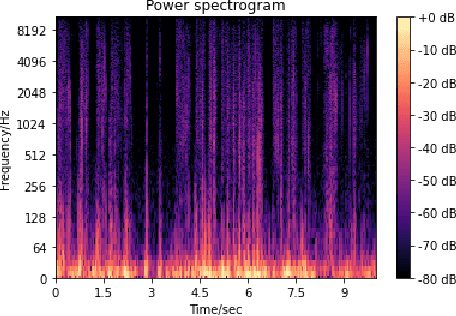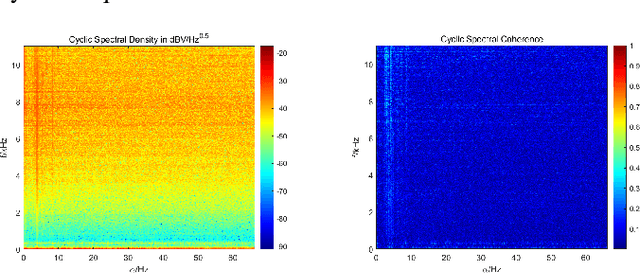Get our free extension to see links to code for papers anywhere online!Free add-on: code for papers everywhere!Free add-on: See code for papers anywhere!
Hans. D. Schotten
Artificial ASMR: A Cyber-Psychological Study
Oct 27, 2022Figures and Tables:







Abstract:The popularity of Autonomous Sensory Meridian Response (ASMR) has skyrockteted over the past decade, but scientific studies on it are still few and immature. With our attention caught by the common acoustic patterns in ASMR audios, we investigate the correlation between the time-frequency and cyclic features of audio signals and their effectiveness in triggering ASMR effects. A cyber-psychological approach that combines signal processing, artificial intelligence, and experimental psychology is taken, with which we are able to identify ASMR-related acoustic features, and therewith synthesize random artificial ASMR audios.
* Submitted to ICASSP 2023
Via
 Add to Chrome
Add to Chrome Add to Firefox
Add to Firefox Add to Edge
Add to Edge